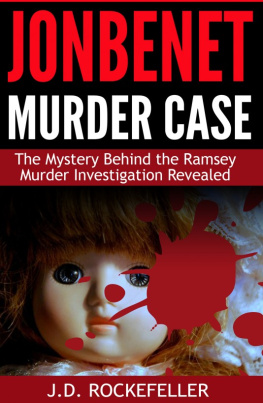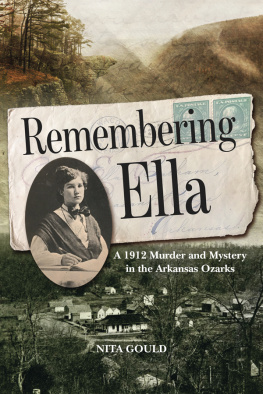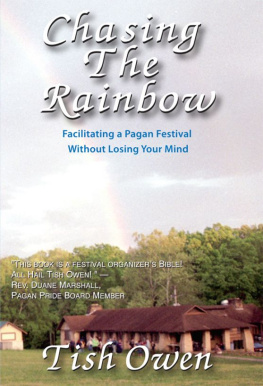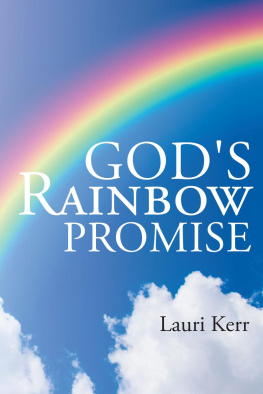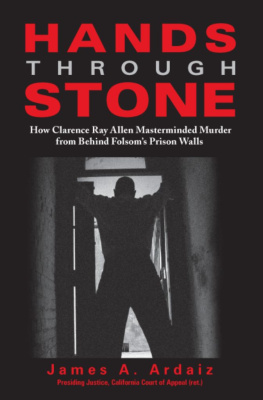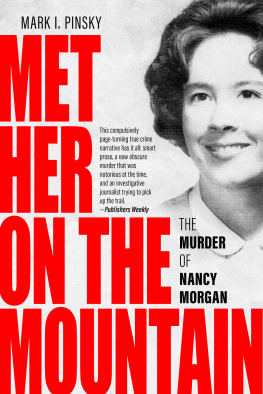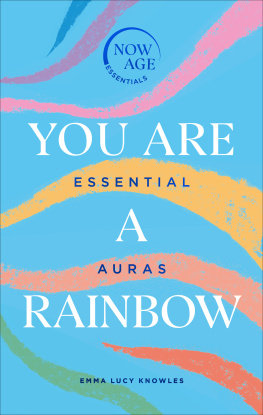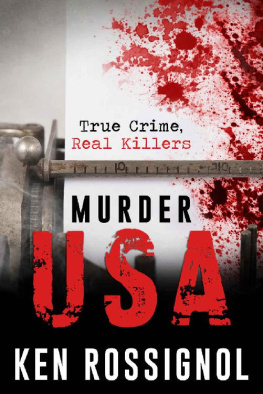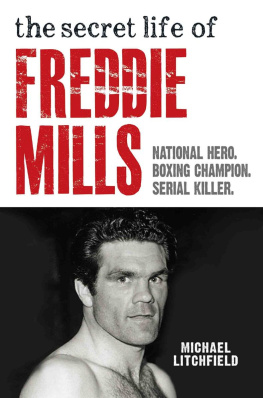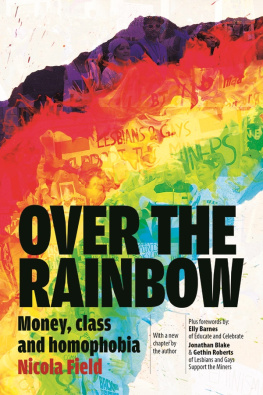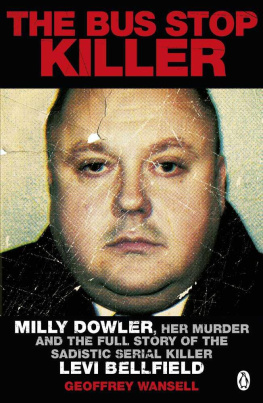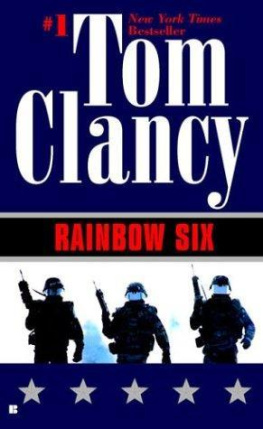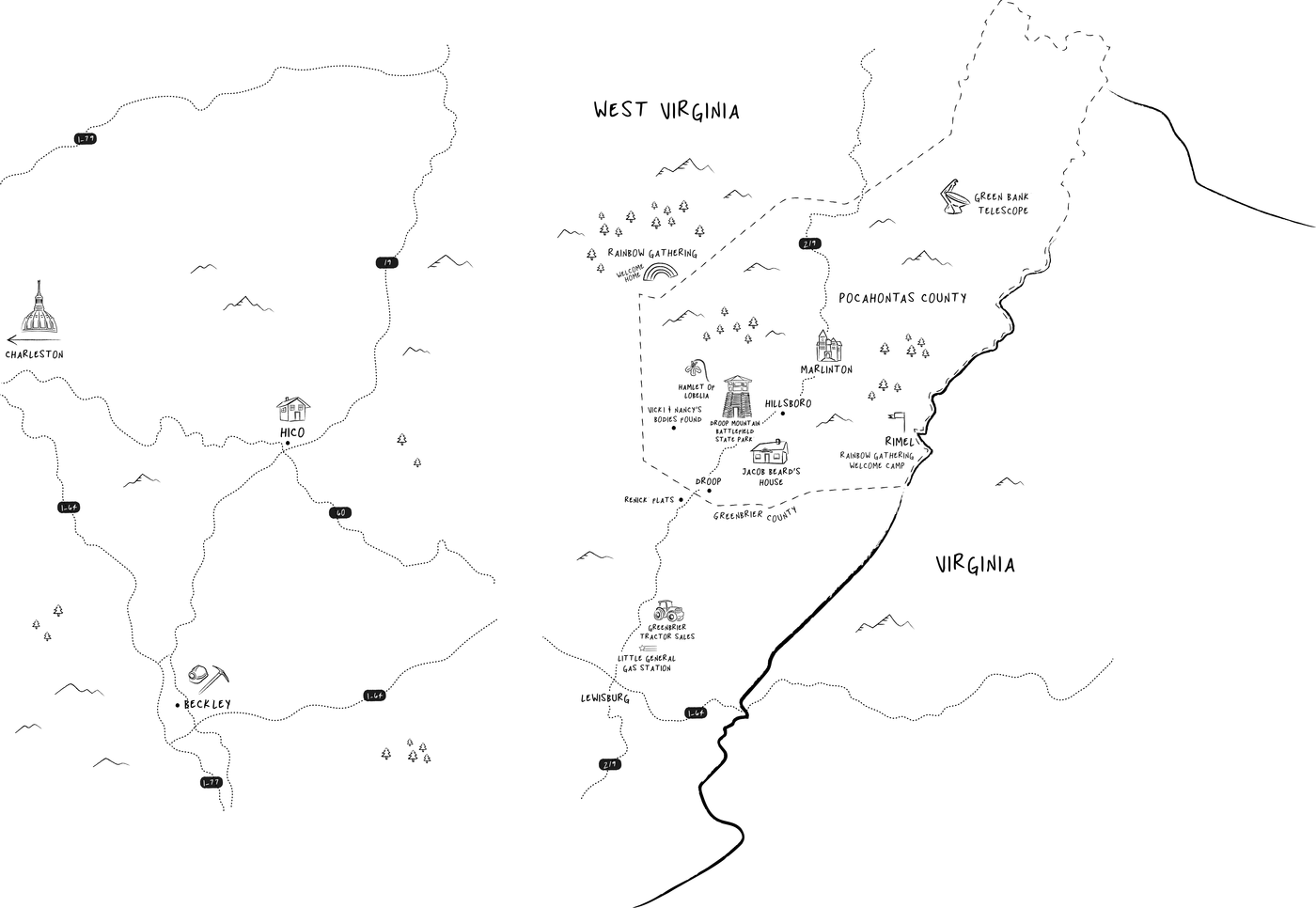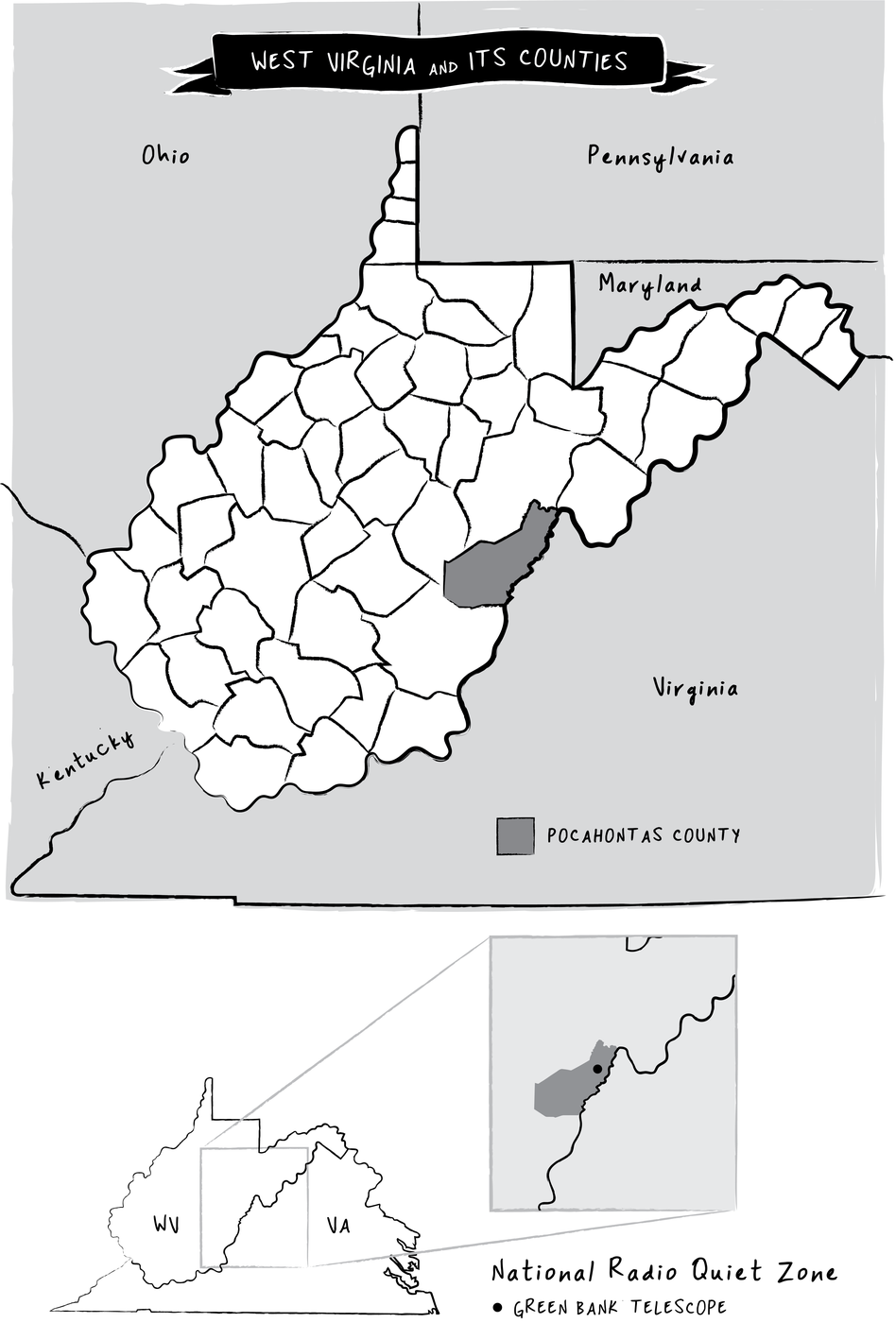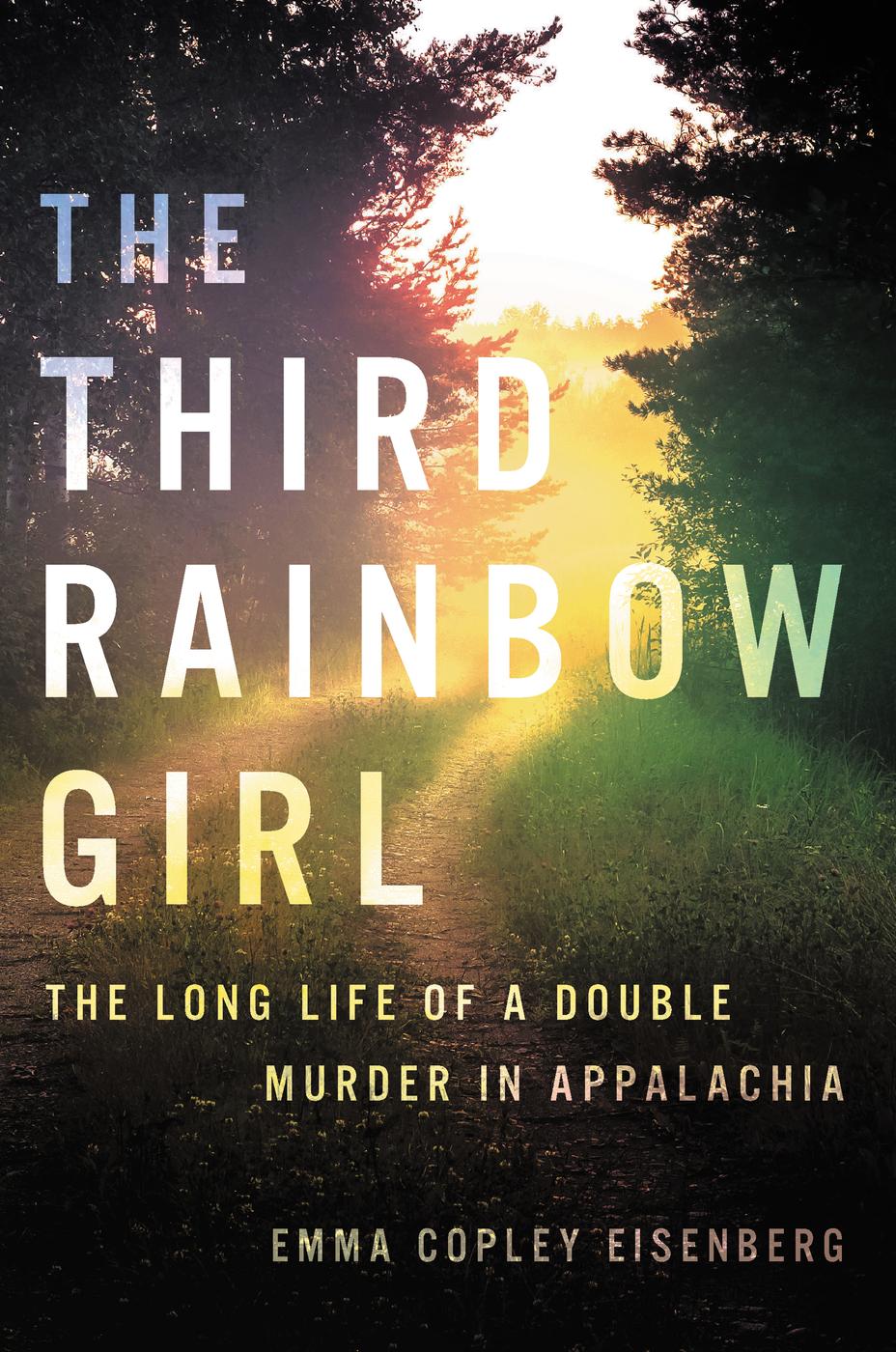
Copyright 2020 by Emma Copley Eisenberg
Cover design by Amanda Kain
Cover photograph by Jani Riekkinen / EyeEm / Getty Images
Cover copyright 2020 by Hachette Book Group, Inc.
Hachette Book Group supports the right to free expression and the value of copyright. The purpose of copyright is to encourage writers and artists to produce the creative works that enrich our culture.
The scanning, uploading, and distribution of this book without permission is a theft of the authors intellectual property. If you would like permission to use material from the book (other than for review purposes), please contact permissions@hbgusa.com. Thank you for your support of the authors rights.
Hachette Books
Hachette Book Group
1290 Avenue of the Americas
New York, NY 10104
hachettebooks.com
twitter.com/hachettebooks
instagram.com/hachettebooks
First Edition: January 2020
Hachette Books is a division of Hachette Book Group, Inc.
The Hachette Books name and logo are trademarks of Hachette Book Group, Inc.
Lines from Darkness Poem by Irene McKinney used with permission.
Lines from At 24 by Irene McKinney used with permission.
Lines from Southern Migrants, Northern Exiles by Chad Berry used with permission.
Maps of West Virginia and Pocahontas County by Liz Pavlovic.
Photo credits: Page 7, photo of Nancy Santomero: courtesy of Jeanne Hackett. Page 7, photo of Vicki Durian: courtesy of John Durian. Page 47: courtesy of the author. Page 79: courtesy of Jacob Beard. Page 127: courtesy of Jerry Kauffman. Page 177: courtesy of Jerry Kauffman. Page 217: courtesy of the author. Page 253: courtesy of Liz Johndrow. Page 312: courtesy of Jerry Kauffman.
The publisher is not responsible for websites (or their content) that are not owned by the publisher.
The Hachette Speakers Bureau provides a wide range of authors for speaking events. To find out more, go to www.hachettespeakersbureau.com or call (866) 376-6591.
Print book interior design by Abby Reilly.
Library of Congress Cataloging-in-Publication Data has been applied for.
ISBNs: 978-0-316-44923-6 (hardcover), 978-0-316-44920-5 (ebook)
E3-20191119-DA-NF-ORI
For my parents
Explore book giveaways, sneak peeks, deals, and more.
Tap here to learn more.

If I am missing in any sense, it is a missingness I created for myself in order to be free.
Dawn Lundy Martin
What follows is the result of five years of reporting and research I conducted in seven states. To understand and conjure the historical sections, I drew on police records, court documents, newspaper reports, scholarly articles, social media posts, and the personal archives of those involved.
The voices of the living are here, with the exceptions of Bobby Lee Morrison, Winters Walton, Robert Allen, and Steve Hunter, who declined my requests for interviews. I included their point of view where it is available by other means, but no doubt this book would have profited from their insights. If interviewees contemporary memories differed from their earlier statements in the public record, I have noted the discrepancy.
The sections chronicling my own time in Pocahontas County were aided by journals, letters, photographs, and emails. Quotation marks indicate verbatim speech, while passages without quotation marks convey speech reconstructed to the best of my abilities. I have changed some names and identifying details to protect individuals privacy. For certain names and nicknames, where official documents and court records used different spellings, I chose the most commonly accepted spelling.
In one instance, where the privacy of minors was involved, I chose to make the red-headed girl a composite of several real people.
The perspective offered here is mine alone. I dont claim to speak for the people of Pocahontas County, though I hope that this book speaks to them as well as other audiences. I have tried to see the telling of truth in this book like the drawing of an asymptote, a line that continually reaches for the heart of the matter, even as it does notcannotmeet it.
H ERE ARE SOME TRUE THINGS :
1. In the afternoon or early evening of June 25, 1980, Vicki Durian and Nancy Santomero were killed in an isolated clearing in southeastern West Virginia. They were twenty-six and nineteen, hitchhiking to an outdoor peace festival known as the Rainbow Gathering, but as the result of two and three close-range gunshot wounds respectively, they never arrived. Vicki was from Iowa but was working as a home health aide in Arizona. Nancy had dropped out of college in New York and was working at a Tucson thrift store. They had not had sex on the day they died, nor were they raped. Their killings have been called the Rainbow Murders.
2. They died in Pocahontas County, a sparsely populated area that consists largely of protected national forest and sits along West Virginias eastern border with Virginia. At the time of their murders, thousands of travelers from all over the country had come to this area to attend the Rainbow Gathering. Local reaction to the festival, organized by outsiders, varied widely. One faction of Pocahontas Countians was upset at the disruption of their lives and, assisted by prominent state politicians, filed an unsuccessful injunction to stop the event. Some speculated a causal link between the festival and the deaths. Because of this, as well as the remoteness of the clearing where the two women were found, citizens and law enforcement mostly believed that the killer was local.
3. The murders were a trauma experienced on a community scale. Wherever they went to eat or relax or pray, residents discussed these crimes and the fact that the killer was likely still living among them. Two young women had come to their home place for a peaceful celebration and instead ended up dead. Hillsboro, the closest town, held less than three hundred residents. Neighbor accused neighbor.
4. No one was prosecuted for Vicki and Nancys murders for thirteen years. Eventually, nine local people were arrested and charged with crimes connected to the killings. Three more were named as suspects by law enforcement. Two confessed. Four accused another in sworn statements or testimony. All this and more was reported, in great detail, by the local paper, the Pocahontas Times, each Thursday morning. The accused were all men who made their living by working the landfarming, hauling timber, cutting locust posts, or baling hay.
5. In 1993, the state of West Virginia chose to pursue a trial against one man only, a local farmer named Jacob Beard, whom it deemed the trigger man. Beard was convicted and sentenced to life imprisonment without the possibility of parole. The states case rested on the word of two of the nine men, both offered immunity in exchange for their testimony. Three men, prosecution witnesses testified, had picked up Vicki and Nancy hitchhiking and then driven them to the woods, where the other men joined the party. The men drank and smoked weed, the prosecutions theory continued, and then they tried to rape Vicki and Nancy. When the women struggled too much and threatened to go to the police, Beard was said to have shot them. One of the witnesses had less than a third-grade education, and the other said he had repressed his memories of the murders for many years but later recovered them. Both witnesses were physically assaulted by West Virginia State Police officers.


